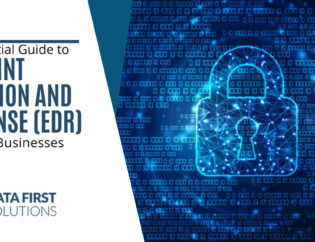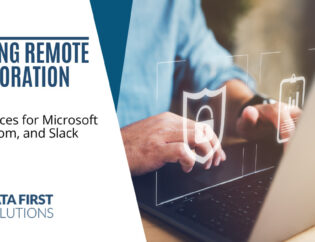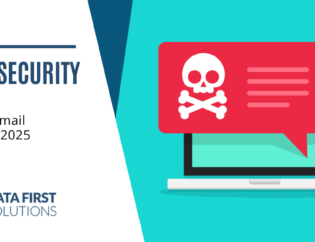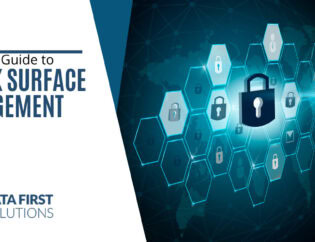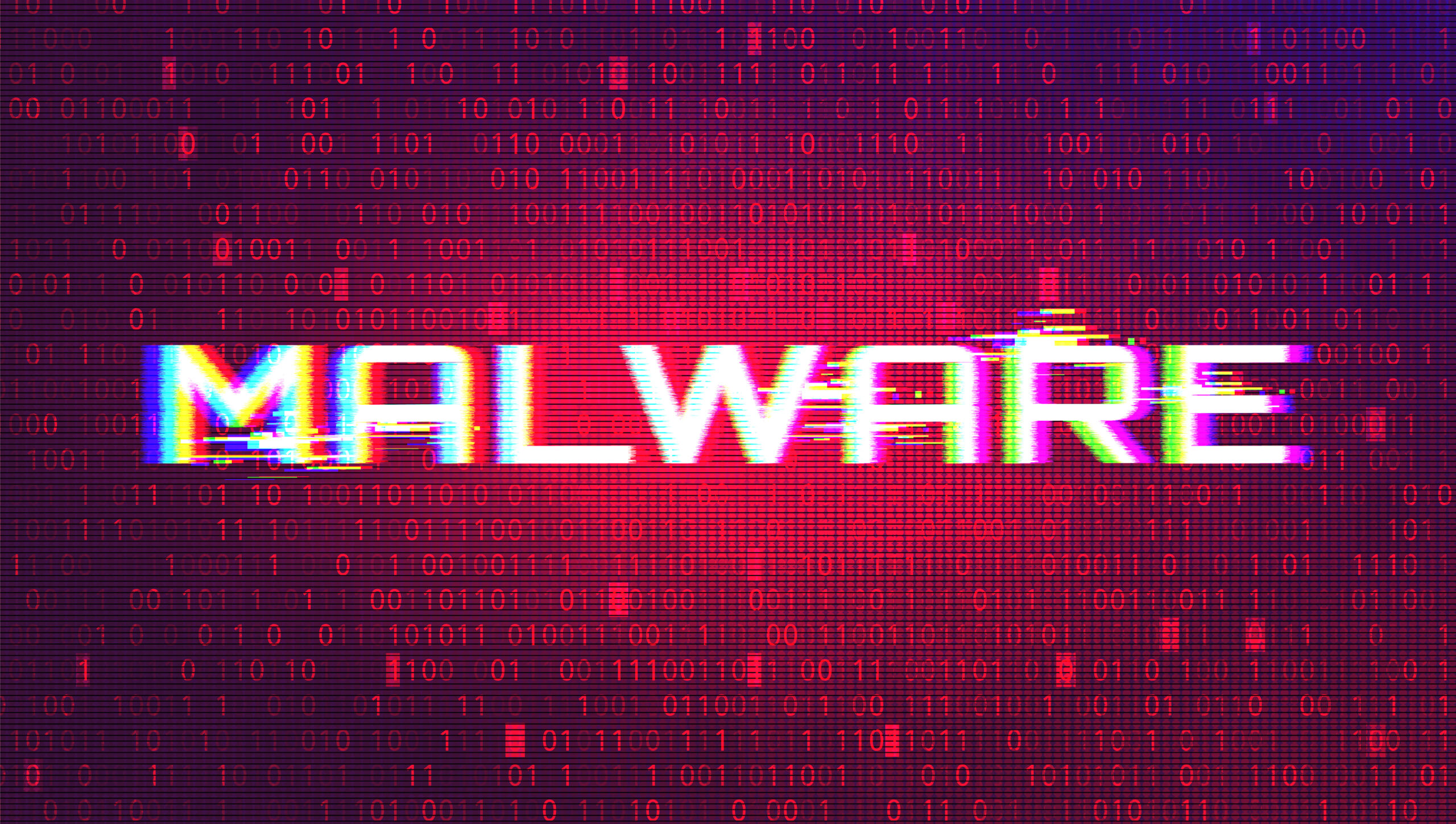
It can seem like you’re getting a steal on an iPad Pro that’s only one version behind the latest, but unbeknownst to you, that device could come with spyware installed or have some prior damage that the seller isn’t disclosing.
Everyone wants a great deal, including small business owners, so they’ll go to sites where they can buy technology that might be used and much cheaper than off the shelf at a big box electronics store.
But you take a big risk when purchasing hardware or software from an untested source, especially if it’s used.
Beyond cybersecurity problems, you could end up not getting exactly what you paid for, or something that looks nothing like the photo.
It’s always better to purchase hardware and software from a trusted professional that’s not only going to give you a good deal, but also ensure you’re getting a malware-free, legitimate product backed up by a guarantee.
Things That Can Go Wrong When You Buy Tech from the Wrong Place
Software Doesn’t Have a Legitimate License
Purchasing an expensive high-end graphics or video software from someone on eBay might allow you to use a tool you never could afford before. But you need to be very careful with used versions of software from unknown sellers.
You could end up getting a cracked version that uses a code hack instead of a legitimate license, leaving you without a way to legitimately use the software and potentially without any way to get updates or security patches.
Hardware Comes With Spyware Inside
When purchasing from places like Amazon, people can get a false sense of security because they think Amazon is policing all those 3rd party sellers. But until a seller gets enough complaints, they may still be allowed to sell on the platform.
This makes it possible for hackers to sell used computers, tablets, and other devices and plant spyware or another type of malware inside the hard drive. When the unsuspecting buyer looking for a cheap PCpurchases a device, they may not even realize their keystrokes are all being recorded by the spyware.
In this way, a scammer can gain access to credit card numbers, passwords, and other sensitive information they can use for identity theft, credit card fraud, and other cybercrimes.
PC Parts Can Be Easily Mismatched
After you go through the trouble of searching out a specific PC part on Amazon, you could end up getting something completely different than what you ordered. Causing you to have to go through the hassle of returning the item then taking a chance again that the wrong part will be shipped for the replacement.
This thread on Reddit details a problem with Amazon sending the less RAM than the person ordered. A warehouse worker chimed in and said this type of thing is a huge problem with automated order picking systems, because they’ll kick out the wrong item without an alert because both the right and wrong item have the same weight.
Software Could Contain Malware
Software you purchase from places like eBay or Craig’s List may look normal and work like they should but could also have malware written into the code that adds a backdoor to your computer allowing a hacker to get in and snoop around anytime they like.
Malware could even stay on your system if you uninstall the software later because it’s been programmed to infect a system component as soon as the software is introduced to your device.
Hardware May Be a Lemon
When you’re purchasing from an individual instead of a trusted source, there are no checks and balances in place for quality and you may end up buying “as is,” which means you can’t return the item.
It’s not that hard to make the outside of a laptop or computer case look like new, but inside have the equivalent of a system on its last legs.
A scammer can even take high-end parts out of a newer computer and replace them with an older hard drive, motherboard, and other components, making you think you’re getting a new system, when in fact, you’re getting older and outdated parts.
Software May Be an Unsupported Version
Some software scammers can say they’re selling you version 5.0 of a software, but when you get it, it’s actually version 2.0. A version that is not only outdated, but no longer supported by a lot of the other technology you use.
This is just another way that sellers can scam unsuspecting buyers looking for a great deal out of their money.
Purchase Your Technology from a Trusted Source
Data First Solutions not only can help you choose the best and most cost-efficient technology for your needs, we also have a secure and reliable eShop where you can buy it.
Contact us today to book a free assessment. Call 416-412-0576 or book your assessment online.



